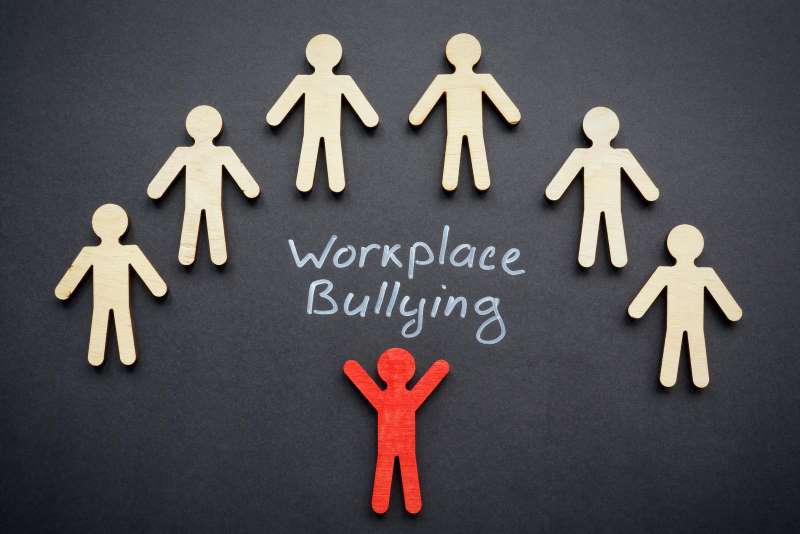Improvement Notices
Under the Work Health and Safety Act 2011 (NSW), safety inspectors have a number of powerful tools at their disposal to ensure that employers, workers, and other persons comply with their work health and safety obligations.
A commonly used tool is an “improvement notice”, which is issued to an employer if a safety inspector has a reasonable belief that the employer is contravening or has contravened work health and safety legislation and is likely to do so again.
An improvement notice requires the employer to remedy the contravention or prevent a likely contravention from occurring again, and must include: [...]




